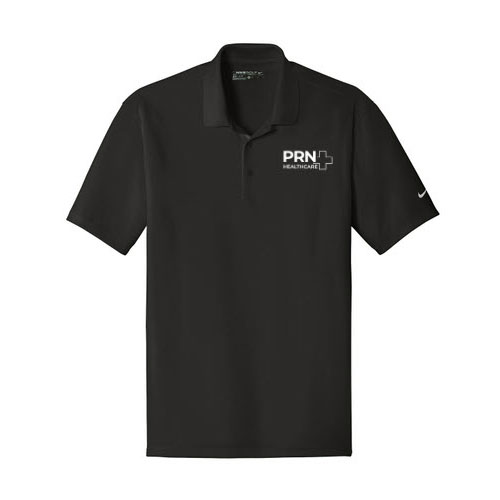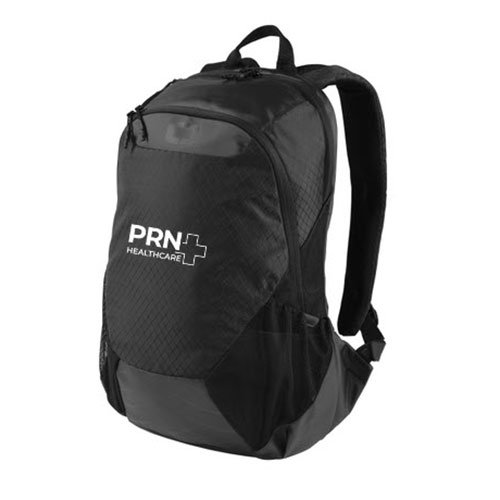Table of Contents
Potential Anesthesiologist Interview QuestionsPreparing for an interview is crucial because it impacts your likelihood of securing the job. Effective preparation helps a candidate present themselves confidently, clearly articulate their skills and experiences, and prudently respond to questions. Practicing potential interview questions allows individuals to refine their answers, reduce their anxiety, and demonstrate they are a good fit for the role.
Preparation reflects positively on a candidate’s enthusiasm and professionalism and leaves a good impression on the interviewer. In a competitive job market, being well-prepared can be the key differentiator that sets a candidate apart from others.
Potential Anesthesiologist Interview Questions
Preparing for an anesthesiology interview involves anticipating a range of questions about your technical knowledge and skill set. Here are 20 potential interview questions along with potential answers:
- Tell us about your background and why you chose anesthesiology.
Answer: “I chose anesthesiology because it combines my interest in physiology and pharmacology with my desire to work in critical and perioperative care. My background in medical school and residency provided me with extensive hands-on experience in diverse clinical settings, which solidified my love for the specialty. I enjoy caring for people.” - What do you find most challenging about being an anesthesiologist?
Answer: “One of the most challenging aspects is managing unexpected intraoperative events. These situations provide the opportunity for me to apply my critical thinking and problem-solving skills to ensure the best patient outcomes.” - How do you handle a patient who is anxious about anesthesia?
Answer: “I take the time to educate them on the procedure, answer any questions, and provide reassurance. Building patient trust and providing open communication is key to alleviating their anxiety. If appropriate and necessary, I may use preoperative sedation.” - Can you describe a time when you had to make a quick decision during surgery?
Answer: “During x procedure… Describe what you did during the situation…” Finish with “Quick assessment and decisive action are crucial in these situations.” - How do you stay updated with the latest advancements in anesthesiology?
Answer: “I regularly read journals like Anesthesiology and attend continuing education conferences and workshops like the Anesthesiology annual meeting. I am also a member of professional organizations including the American Society of Anesthesiologists, which provides important resources and networking.” - What techniques do you use to manage postoperative pain?
Answer: “I use a multimodal analgesia approach, combining regional anesthesia, NSAIDs, opioids, and non-opioid analgesics tailored to the patient’s needs in order to best minimize side effects and improve pain control.” Adjust this answer to fit your approach. - How do you ensure patient safety during anesthesia?
Answer: “Patient safety is the most important. I conduct a preoperative assessment, use a standardized checklist, and both monitor their vital signs and anesthesia depth. It is important to effectively communication with the surgical team during the procedure.” - Describe your experience with regional anesthesia.
Answer: “I have extensive experience with various techniques, including spinal, epidural, and peripheral nerve blocks. These techniques are vital for specific surgeries and for providing postoperative pain relief.” - How do you handle equipment malfunctions during a procedure?
Answer: “I stay calm and follow the established protocols. I make sure the backup equipment is available and the team is aware of the emergency procedures. Team communication and problem solving are vital during unexpected situations.” - What do you manage pediatric patients?
Answer: “Working with pediatric patients can be difficult, they require special care and communication for their age and developmental level. I involve the parents in the process and use age-appropriate medication and induction methods.” - How do you manage a patient with a known difficult airway?
Answer: “I always review the patient’s history first, conduct an airway assessment, and develop a detailed management plan.” Be sure to include a few case specifics in your answer. - Can you discuss a time when you had to manage a critical incident?
Answer: “During a surgery…” Include more case specifics and concluded with, “the patient stabilized, and the surgery was completed successfully.” - How do you prioritize tasks during a busy surgical schedule?
Answer: “I prioritize my case load based on urgency and patient needs. I delegate to team members when appropriate to ensure all my patients receive timely and efficient care.” - What is your approach to handling a patient with multiple comorbidities?
Answer: “I perform a comprehensive preoperative assessment, work with other specialists, and develop an anesthesia plan that considers all the comorbidities. I closely monitor the patient during surgery and make the appropriate postoperative care adjustments.” - Describe a situation where you improved a process or protocol.
Answer: “I initiated a protocol to… give a detailed example, and the results of the protocol. - How do you expand your skillset and develop professionally?
Answer: “I participate in CME courses, online modules, and attend professional conferences.” Cite an example of your recent participation. - What is your experience with anesthesia for high-risk obstetric patients?
Answer: “I have managed anesthesia for various high-risk obstetric cases, including preeclampsia and placenta previa. These situations require precise planning, close monitoring, and a readiness to handle an emergency situation.” - How do you handle a situation where you disagree with a colleague about patient management?
Answer: “I prioritize patient safety and value open communication. I discuss my concerns respectfully, and present evidence-based medicine to find a mutual solution.” - What role does teamwork play in practice?
Answer: “Teamwork is essential in anesthesia. Effective communication and collaboration with surgeons, nurses, and other healthcare professionals ensure patient safety and the best outcomes. I look forward to contributing to a cooperative work environment.” - How do you handle the stress and demands of being an anesthesiologist?
Answer: “I manage stress through a healthy work-life balance, regular exercise, and pursuing my hobbies. Being organized and prepared helps me to manage stress during demanding situations.”
Thorough preparation for an interview is key to making a strong, first impression on a potential employer. By practicing possible interview questions, a candidate can improve their communication skills, reduce anxiety, and effectively convey their qualifications and desire for the anesthesiologist position. This preparation will boost their confidence but also demonstrates a candidate’s commitment and professionalism; therefore, increasing their chance at securing the desired position. Being well-prepared is a crucial step toward career success in today’s competitive job market.




